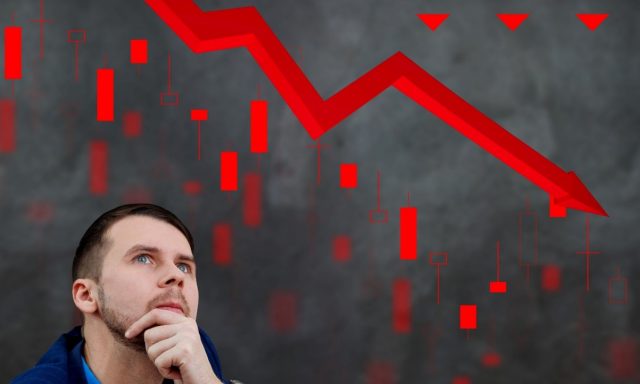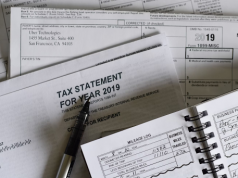Michael Shane Gibson of Lexington, Kentucky is an experienced entrepreneur, business wealth strategist, and mentor, who has achieved success in founding more than 30 companies across multiple industries. In the following article, Michael S. Gibson provides readers insight into distressed asset investing in times of economic uncertainty.
The market is down, and it is certainly giving investors all kinds of trouble. However, there is one ray of hope in current investment strategies, and it comes in the form of distressed asset investing.
According to financial experts, investment opportunities as far as distressed asset investing goes are much more widely available during an economic downturn. This is because the current owner of the asset is facing similar market challenges that may force them to sell the asset at a cheaper price.
In this article, Michael Shane Gibson reviews not only how investors can capitalize in distressed assets while the market is down, but what the benefits are of doing so. By the conclusion, it will be clear that distressed asset investing is a key strategy for riding out the economic crisis in the most profitable way possible.
How and Why to Invest in Distressed Assets During a Downturn
Michael Shane Gibson says that in a time of economic crisis, it can be difficult for an investor to know which footing is the safest on the many financial paths available. It can feel a bit like trying to find any port in a storm. The good news is, many who hold valuable assets are feeling the same way, and a good investor can find ways to benefit from this.
Below is a list of reasons why investing in distressed assets are not only possible, but beneficial, especially during a down market.
- Business Challenges Create Opportunity
- A Strategic Investor Looks For Discounts
- Experience is the Best Teacher
Michael Shane Gibson of Lexington, Kentucky looks closer at each of these ways to invest in order to get a better idea of these benefits, particularly during a time when the economy is in a bit of a spiral.
1. Business Challenges Create Opportunity
When it comes to owning and operating a business, it is a bit of an investment in and of itself. The challenges are numerably, but usually, a business owner can roll with the punches. However, during a time of economic decline or recession, or when the market is down, it can prove to be too much for otherwise valuable companies.
For example, during such times, the operator of the business may find themselves in higher demand and unable to retain the things that are bringing in profit. A property owner may be unable to charge rent at the same rates because tenants become scarce, explains Michael Shane Gibson of Lexington, Kentucky.
On the other hand, an owner might have been drawing out their situation with a plan for expediting the asset. When the economy spirals, however, that plan goes with it, and they decide to sell their asset.
This is something that actually creates opportunity for a savvy investor even while the market is down. Because it is hard all over the place, assets begin to go up for sale left and right.
2. A Strategic Investor Looks For Discounts
Michael Shane Gibson of Lexington, Kentucky says that the idea that assets are available should not be taken as a sign that every distressed asset is a good investment during times of economic crisis. In fact, an investor who actually expects to see some benefits from purchasing distressed assets during the market’s downturn should look for discounts.
With luck, these are not difficult to find, but they should be focused on carefully. A real estate owner, for example, may sell their property at a price much lower than it would normally be worth to make up for lost time on an expediting process.
 3. Experience is the Best Teacher
3. Experience is the Best Teacher
Finally, Michael S. Gibson of Lexington, Kentucky says that as with all investing, distressed asset investing in times of economic crisis can build the experience of the investor as well as the portfolio! Pay attention to the fact that distressed assets must still be managed with careful strategy, even if the economy can make it quite difficult.
Investing in a distressed asset, especially during economic decline, is all about learning to be patient and planning for the value it will produce in the future.
In Conclusion
In conclusion, distressed asset investing in times of economic crisis is one of the best strategies an investor can adopt. Because of the market being down, businesses with high net worth are facing challenges. These challenges, in turn, can cause them to be willing to sell their assets at a cheaper price for a good investor to make use of.








